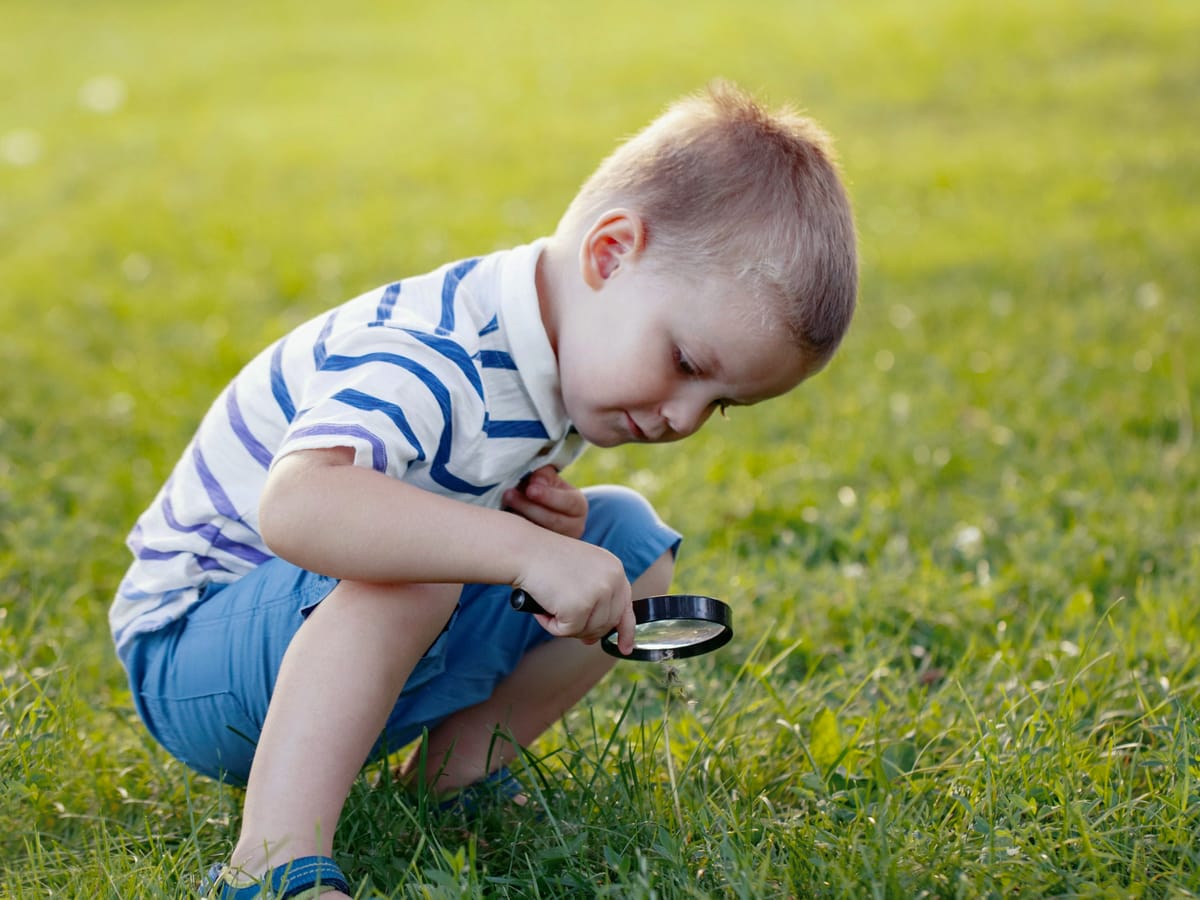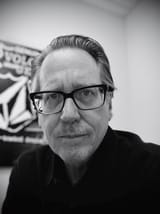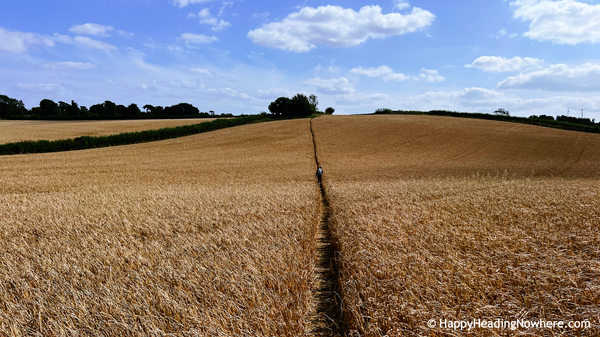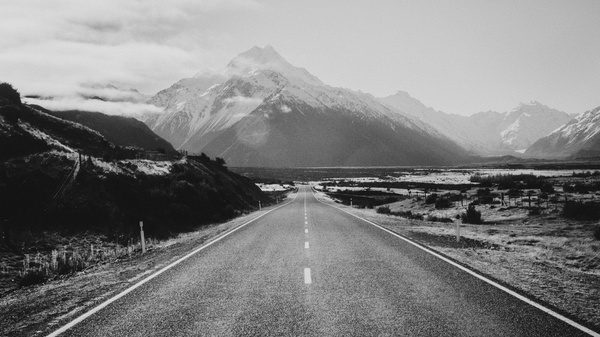The Freedom of Not Knowing
We spend most of our lives trying to know more—to be certain, confident, and in control. But real growth begins when we give ourselves permission not to know.

The first time I really understood not knowing was when my dad died. I was ten.
People around me—grown adults, church folks—were trying to explain it, make sense of it. “God’s in control,” they said. But I could tell they didn’t really know anything more than I did.
I remember thinking: I’m ten. You’re supposed to have answers. But you don’t.
That was the moment the curtain got pulled back. The end of innocence, I guess. Life exposed. I’ve come to believe everyone has a moment like that, whether as a child or later. Something comes along and knocks you sideways.
No explanation fits. You can’t wrap your brain around it. And you’re just… there. Facing the mystery.
That might sound heavy for a post about curiosity, but hear me out: this is where curiosity begins.
When we stop pretending we know, and allow ourselves to say, “I don’t.” That’s the entry point.
The Case for Curiosity
I first came across the phrase “beginner’s mind” when I was reading Pema Chödrön.
She’s a Buddhist nun, and honestly, her writing saved me during one of the hardest seasons of my life.
A time when the easy answers disappeared. Life got messy. Complicated.
She taught me to “sit” with "not knowing". To stop reaching for answers. To stop "gripping" tightly to everything I thought I knew. To let thoughts float by without chasing them.
To observe, not label. To trust that the space of uncertainty can be sacred, not something to fix. To be curious.
In a world that rewards confidence and expertise, beginner’s mind asks us to do the opposite: to meet life with openness. With fresh eyes. With humility
“The only true wisdom is in knowing you know nothing.” – Socrates
The Cost of Closed Thinking
I was talking with a friend recently about how fast things are shifting—especially with AI. And what stood out wasn’t just the technology itself, but how many people are resistant to it.
Not skeptical in a thoughtful way, but flat-out unwilling to even look or try. There’s this deep grip on the way things have always been, and a refusal to consider what could be.
It reminded me of all the moments in our lifetime when something new arrived and people pushed back:
“No one will ever use an ATM.”
“Why would I carry a phone around?”
“Pay for TV shows? That’s absurd.”
And now…
“AI will never replace my job.”
But history keeps reminding us: change doesn’t wait for our permission. The world moves forward—with or without our curiosity.
And when we refuse to engage, we don’t just fall behind—we miss the chance to learn, grow, and shape what comes next.
Beginner’s mind doesn’t require us to embrace everything new without question. It simply asks us not to shut the door before we’ve even looked through it.
Curiosity Requires Courage
I’ve spent most of my life trying to fix things—people, problems, broken systems. And sometimes, stepping in is the right move.
But lately, I’ve been learning the value of stepping back. Of asking questions instead of offering answers. Of getting out of the way.
That’s what beginner’s mind looks like in real life. In parenting. In leadership. In friendship.
It’s less about controlling outcomes and more about creating space—for connection, understanding, and trust.
When we stop leading with ego and start showing up with curiosity, things shift.
People feel it. We feel it. There’s more calm. More connection. More creativity. And a whole lot less pressure to be the expert all the time.
Sit With the Questions
So maybe the point isn’t to solve everything. Maybe it’s to sit with the questions long enough that they reshape how we see the world.
Try these on:
• Where in your life have you stopped being curious?
• When was the last time you said, “I don’t know”—and meant it?
• What might change if you approached your work, relationships, or routines with fresh eyes?
Closing Thoughts
That first moment—losing my dad—taught me something I didn’t understand at the time: life doesn’t owe you answers. And sometimes, the harder you chase them, the further away they get.
I was raised in a culture that valued certainty. Trust, obey, don’t ask too many questions.
And honestly, it’s easier that way. But it’s not real. Not fully.
Curiosity is freedom. It’s the next step after identity.
Once you start figuring out who you are, curiosity invites you to look outward—with wonder, with humility, with that “let’s pretend” mindset of a child.
“Stay hungry. Stay foolish.”
– Steve Jobs
Want to journal but not sure how to get started? How about a gentle nudge in the right direction?
Try the HHN Journaling Coach—a companion designed to help you reflect, reset, and reconnect with yourself through thoughtful prompts and questions.
Deep thinking meets life’s detours—one prompt at a time.




